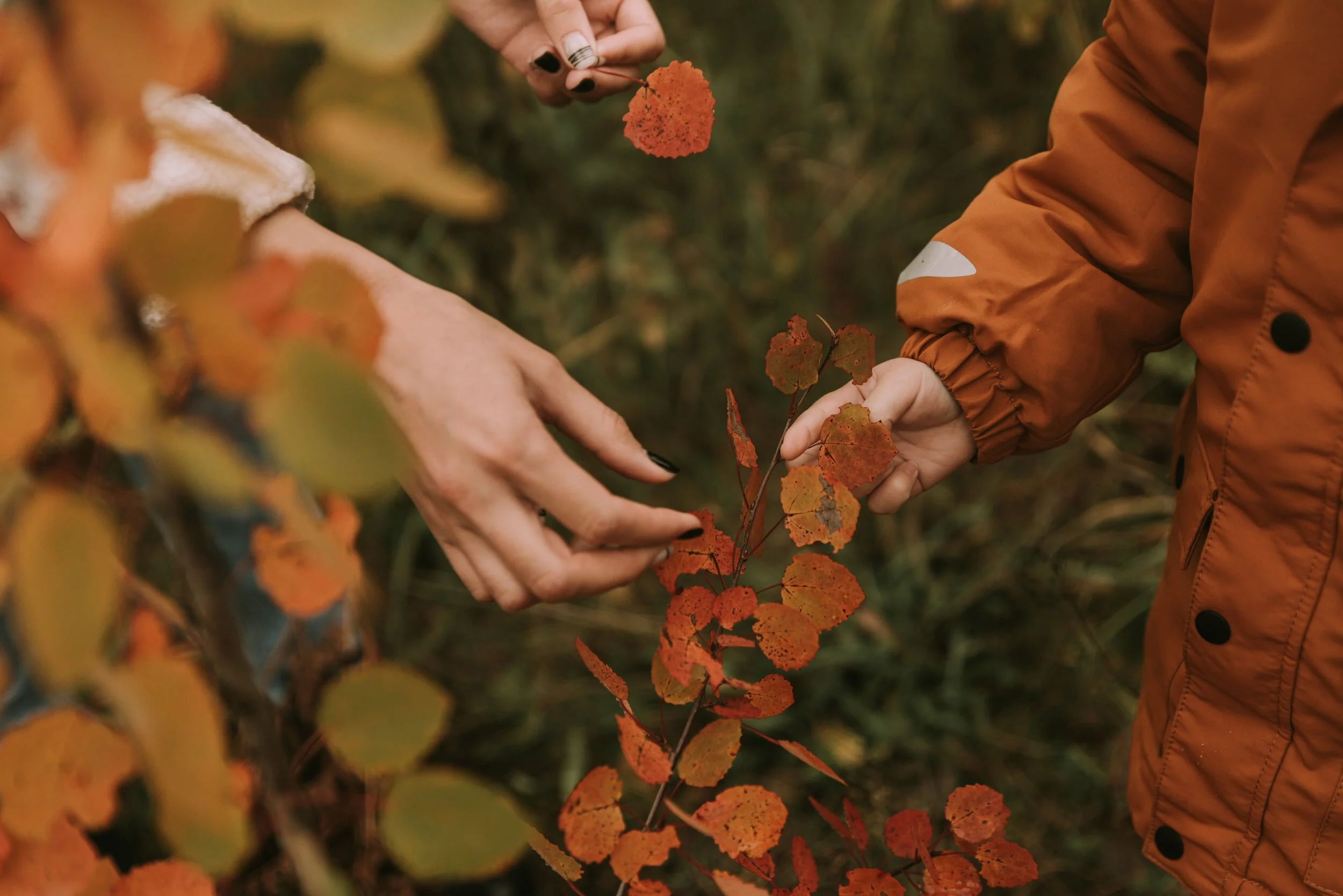What is Nature Education?
Children are our greatest legacy, Nature one of our greatest teachers
- Dr Rangimarie Turuki Arikirangi Rose Pere
I love this quote and the idea of nature as a teacher, indeed I believe nature is the ultimate teacher working in collaboration with the child and the adult to guide, support and encourage this connection. It is the perfect collaboration in learning and for me the ultimate in education, it is Nature Education.
Well, there is a bit more to it, but that’s a wee overview of my philosophy of Nature Education. This philosophy has been informed by over 20 years of experience working with children in various roles, studying nature, teaching and education as well as running my own Nature Education programmes for kids and teachers.
Influences on Nature Education
For me there have been a few main influences on the development of my philosophy and practice of Nature Education, and indeed, on Nature Education in New Zealand.
Environmental Education is described by the Ministry for the Environment (2014) as a multi-disciplinary approach to learning that develops the knowledge, awareness, attitudes, values and skills that will enable individuals and the community to contribute towards maintaining and improving the quality of the environment.
What I love about Environmental Education is that it integrates three key dimensions…education in the environment, education about the environment and education for the environment. Just quickly, the in component relates to experiences beyond the classroom, so in and with nature. The about focuses on knowing about and understanding the natural world, while the for component is concerned with peoples emotions and their willingness to help maintain and improve the quality of the environment.
What I love more is that the Ministry of Education provides direction for schools with its Guidelines for Environmental Education (1999). Okay, yes, the guidelines are getting on a bit but they are still relevant, perhaps even more so today and link to the New Zealand Curriculum which means Environmental Education (and Nature Education) have an important place in teaching and learning in our schools.
Ultimately Environmental Education is about giving children opportunities to connect with nature, learn about nature and care for nature. However, it attempts to teach how to think not what to think and this is exactly what I strive for in my Nature Kids Programmes and when sharing Nature Education Training with teachers.
Danish Forest Schools have had a big influence on Nature Education in New Zealand, and on my own practice. Indeed when I read their pedagogical principles many years ago I realised they were my principles too, and learning more about them has helped me develop my practice further.
Forest School is renowned for its innovative teaching and informal learning environments, largely free nature play in forested areas, which promote creativity and critical thinking.
Forest School Pedagogical Principles of Practice
A holistic approach to learning and development
Each child is unique and competent
Children are active and interactive learners
Children need real-life, first-hand experiences
Children thrive in child-centred environments
Children need time to experiment and develop independent thinking
Learning comes from social interactions
I just love these principals, I mean who wouldn’t right? And, I have always worked to integrate similar principles (I didn’t know they were also the Forest School principles at the time) into my programmes. I have found children really thrive with these principles in place, they lend themselves perfectly to connecting with and learning in nature, something I like to share more about in my Nature Education Teacher Training courses.
Outdoor Education has also influenced Nature Education in New Zealand, as well as my own philosophy and practice. Indeed, it could be argued that Outdoor Education was the original Nature Education.
Outdoor Education provides opportunities to enhance the wellbeing of individuals, groups and communities through activities that foster enjoyment, adventure and challenge. What I really love about Outdoor Education is that it’s a vehicle for facilitating self-discovery and the skills of living and co-operating with others. Plus, the personal, physical and social skills that are acquired can enhance enjoyment of life and isn’t that the ultimate goal, to enjoy life. Spending time experiencing the outdoors also increases environmental and ecological understanding leading to environmental stewardship and kaitiakitanga.
There is so much to love about all these influences and you can probably see there are a lot of synergies and similarities between them. It is really helpful to understand these influences when developing your own philosophy and practice in Nature Education. This, along with the various approaches to Nature Education are covered in more depth in my Nature Education Teacher Training courses, both online or in-person.
Oh, I almost left something pretty important out, my philosophy and practice of Nature Education has also been strongly influenced by my own childhood in nature, I am so grateful to my parents, whanau and teachers who facilitated and encouraged my connection and learning with nature. My experiences in and with nature have shown me the absolute value of this connection for children, and adults. From personal experience I can say, Nature is one of the most incredible teachers in my life.
So, what is Nature Education?
It’a a pedagogy, a way of teaching and learning that, to me, is a collaboration between child, nature and adult. It is a holistic approach that supports and develops children’s wellbeing, academic learning, personal development and environmental stewardship. It is connecting with, learning in and loving nature, everyday.
Want to learn more and help your kids connect and learn in nature? Join the Nature Education Training course online or in-person, find out more here:
Nature Education Training Online Course
Nature Education Training In-Person
I also work with schools one-on-one and with private groups, please contact me for me info

